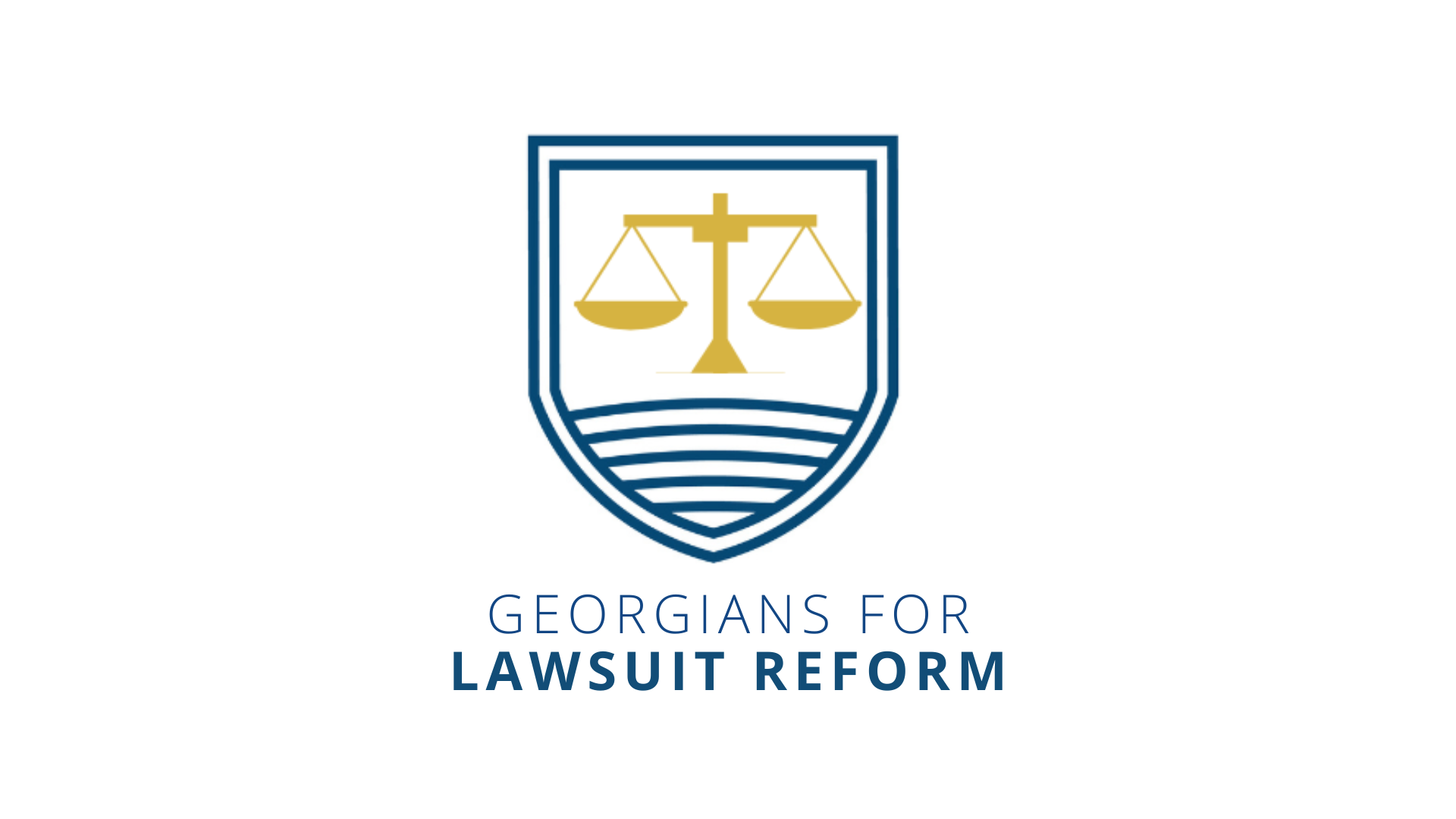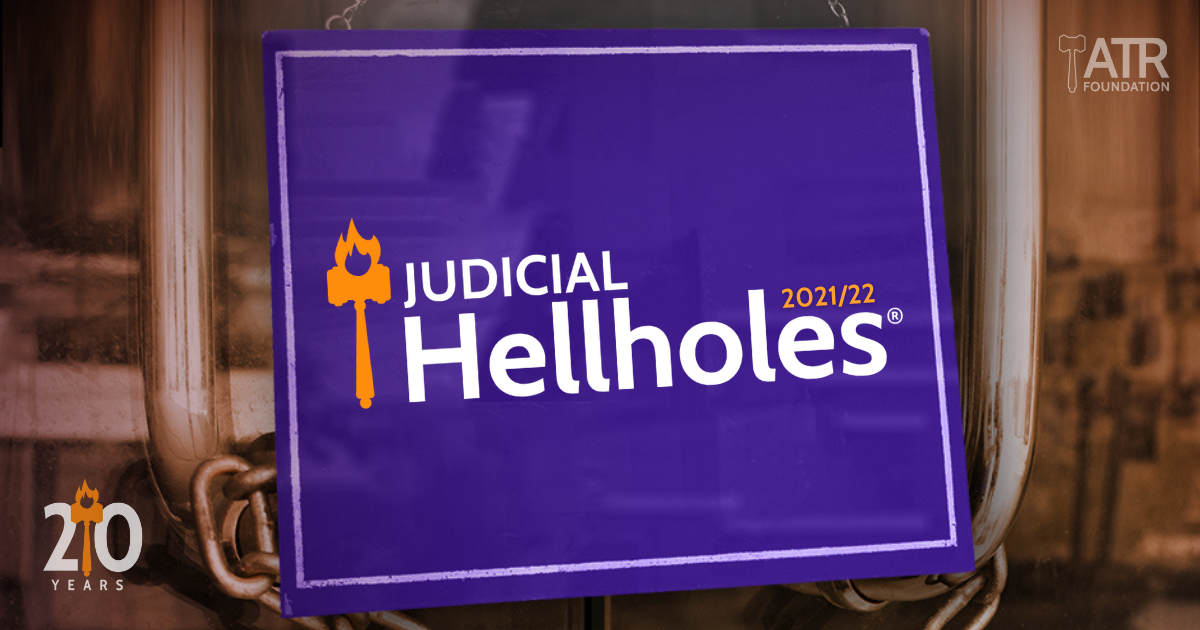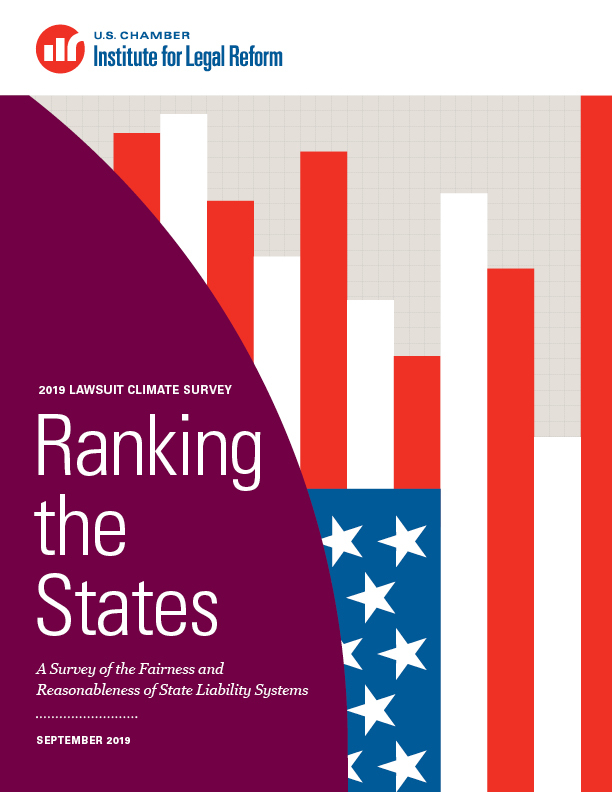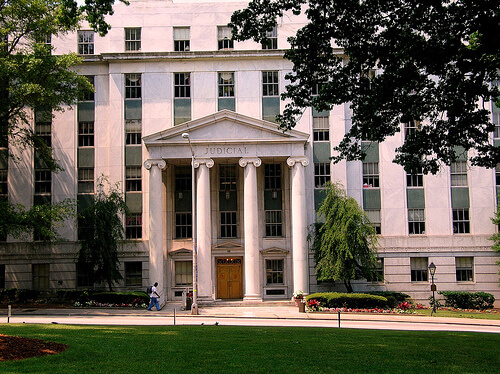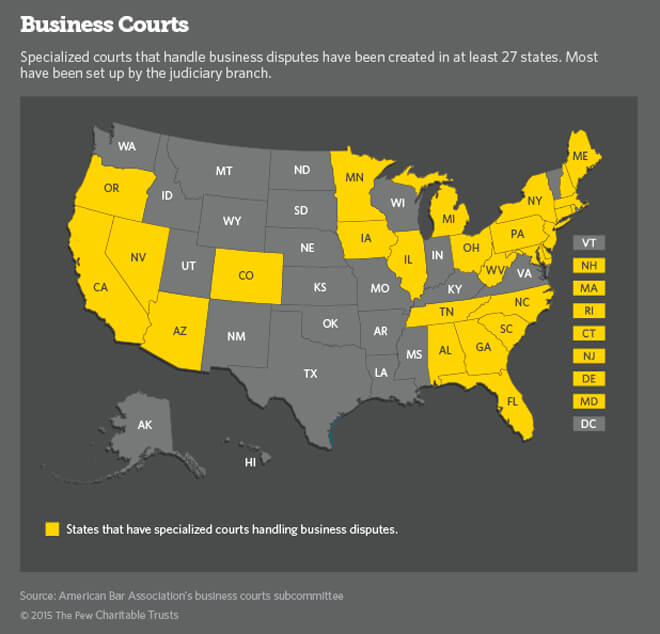
Georgians for Lawsuit Reform rep speaks at local Chamber
The Daily Tribune News 09 Apr 2018 Written by James Swift
Reid Smith, community affairs coordinator for Georgians for Lawsuit Reform, gave a presentation at the Cartersville-Bartow County Chamber of Commerce Monday morning.”Georgia can do a lot more to improve our state’s standing as the No. 1 state in which to do business,” he said. “Part of that is working through some of the imbalances in some of the ways that we see the legal environment affecting and impacting businesses.”
Georgians for Lawsuit Reform is a nonprofit coalition of trade associations, corporations and small businesses headed by Kade Cullefer, who was previously vice president of legal affairs for the Georgia Chamber of Commerce and a member of the Office of Governor Sonny Perdue’s Executive Counsel. Smith said the mission of the organization is to ensure the state’s legal environment is fair to all parties by “injecting predictability into the system” — in turn, improving efficiency in dispute resolutions and reducing litigation costs.
“Businesses that are continually looking to expand to the state of Georgia and to other states in the region are looking at the legal environment in which to do business as a decision-maker in where they choose to expand their business,” he said. “When you have a system that may or may not address some of the questions that these companies have, Georgia cannot remain competitive for new businesses without improving some of these areas.”
Smith said the organization’s top priority for 2018 is doing outreach for a state constitutional amendment on the ballot this November that would allow Georgia legislators to establish a new, statewide “business court” to handle certain forms of business litigation. Smith said the courts would be a “venue for businesses to litigate in front of experienced judges” who have more “specific subject matter jurisdiction.” He also said the proposed courts would allow plaintiffs and defendants to settle their “complex business matters in a way that is more cost-effective and efficient.”Smith said the concept has already been implemented in pilot programs in both Fulton and Gwinnett.”The Fulton County business court pilot has seen a lot of success,” he said, ” and that’s because they have judges [who] are able to litigate the facts of the case, litigate the pretrial matters before the cases get to court and they’re able to come to resolutions quicker.”
Regarding the types of cases that would come before the hypothetical state court, Smith said the system would deal with matters such as antitrust and securities suits which have “a mounting controversy of a high dollar amount.” The idea, he said, is to take these cases out of the state and superior court systems and give jurisdictions “specific judicial resources” to create a more “level playing field” for disputants.
As to how the business court would operate, however, Smith had few concrete details. It is too early, he said, to determine whether business court judges would be elected or appointed, or if the system would consist of one, centralized state-level court based in Atlanta, such as Georgia’s Court of Appeals, or several regional courts similar to Georgia’s superior court system. Nor did he have estimates for how many cases he expects the new court system to handle per year or a precise funding stream pinpointed that would provide the resources to create and operate the business courts.
However, he did say that there has been some discussion of funding portions of the court’s costs with fees paid by parties who request a case be moved to the business court.”Our thought process was we would make sure we had the constitutional amendment provided to the voters before we kind of got to the corresponding legislation that would be passed in 2019, hopefully,” he said, “where we can get all the stakeholders involved again and be able to come up with [how] this court is actually going to look and how it’s going to be funded, how the judges are going to be picked and approved.”Smith said he expects some business litigation, such as personal injury and medical malpractice, to be exempt from business court jurisdiction.The full implementation of business courts, he added, would benefit state taxpayers by allowing other cases on the state and superior court dockets to be heard — and resolved — faster.”The average length of a case assigned to the Metro Atlanta Business Court takes half the time than complex cases on the regular docket,” he said. “Less time in litigation means lower costs for all parties.”
Local attorney and former president of the State Bar of Georgia Lester Tate said the business court idea has some support from the Georgia Trial Lawyers Association because it would bring in judges “who won’t put up with a lot of the stuff that you typically see in big businesses.”
Still, he said he was “a little antsy” about using “the turnstile of the courthouse as business development” and “tort reform as economic development.”
“I hope that the Chamber will not alienate the thousands of lawyers that are members of local Chambers throughout [Georgia] by making an attack on citizens’ Seventh Amendment rights,” he said.



